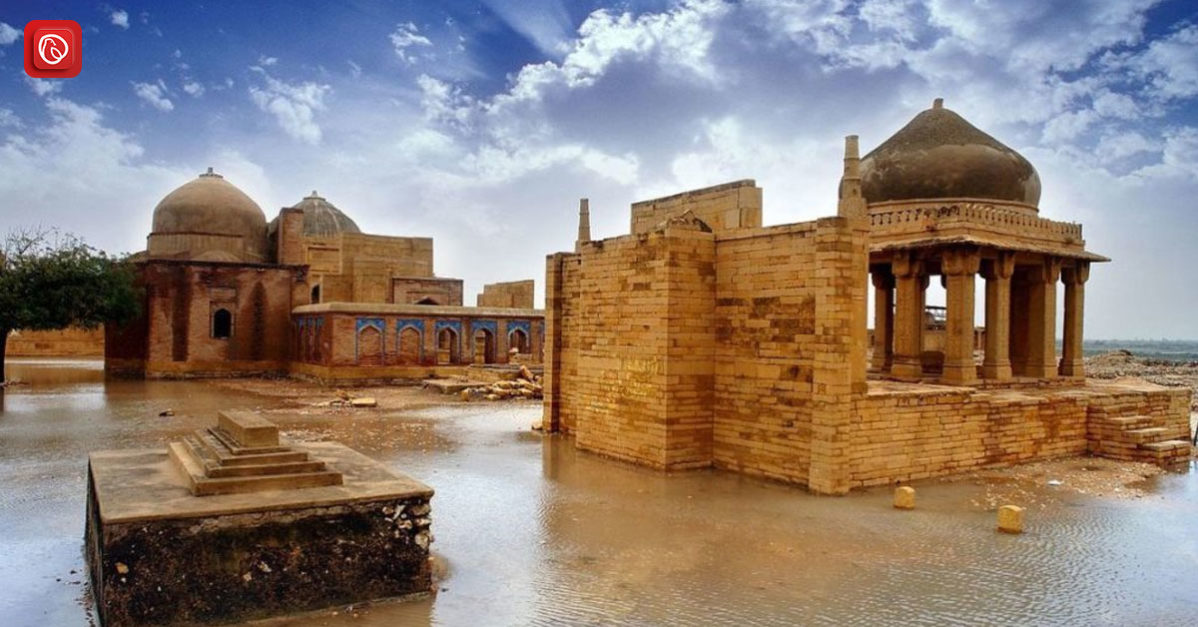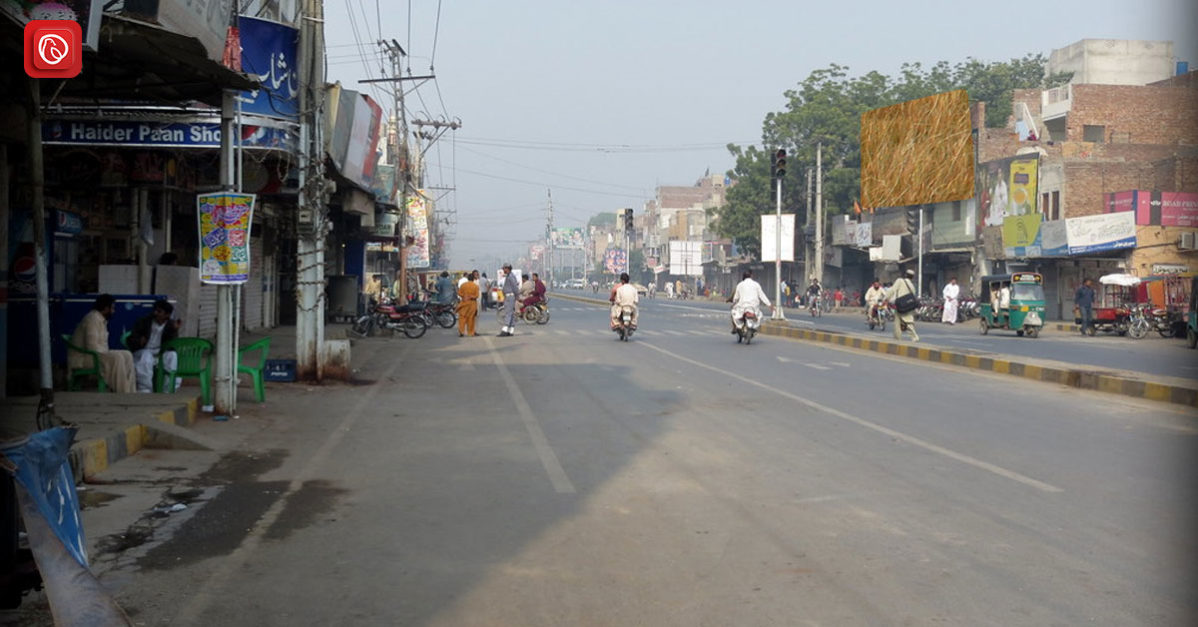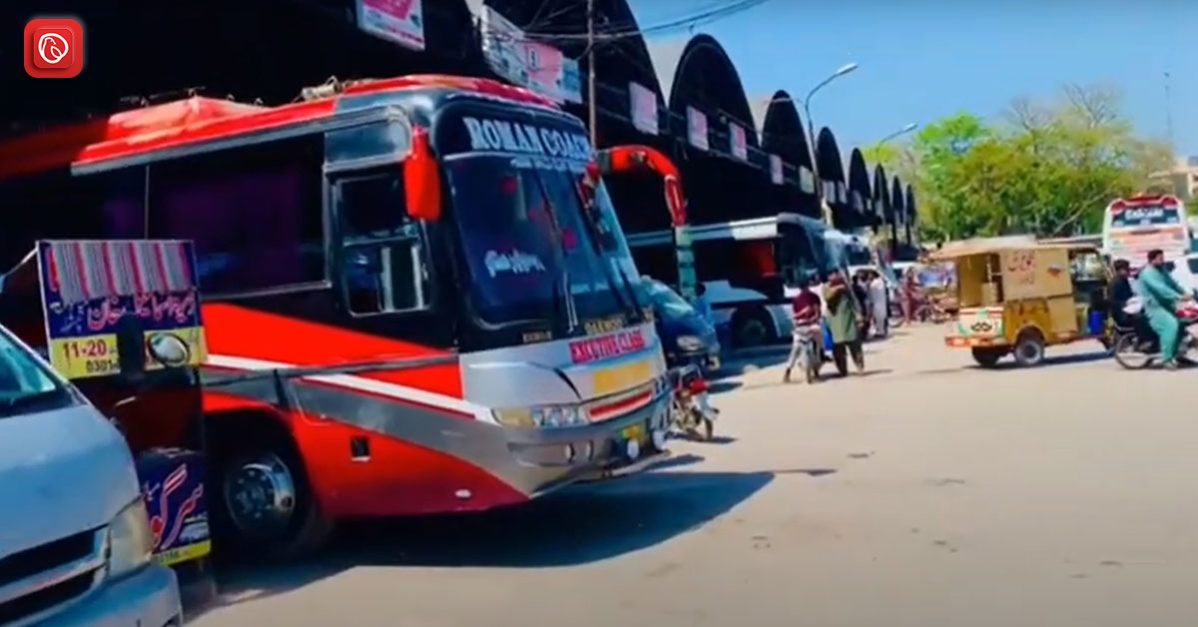Jhelum is a city located on the eastern bank of the Jhelum River. The city gained recognition for its significant contribution of soldiers to the British Army before independence and later to the Pakistan armed forces. As a result, it is often referred to as the “City of Soldiers” or the “Land of Martyrs and Warriors.”
The city is situated a short distance upstream from the historic site of the Battle of the Hydaspes, where Alexander the Great and King Porus clashed. The city was believed to be the capital of the Porus Kingdom, known as Paurava. In memory of Alexander’s horse, Bucephalus, a city named Bucephala was established nearby. It is also notable for its proximity to several other significant sites. One is the Rohtas Fort from the 16th century, the Tilla Jogian complex of ancient temples, and the Grand Trunk Road, a historic route that passes through the city.
In this blog, Graana.com has prepared a guide on Jhelum.
Origin
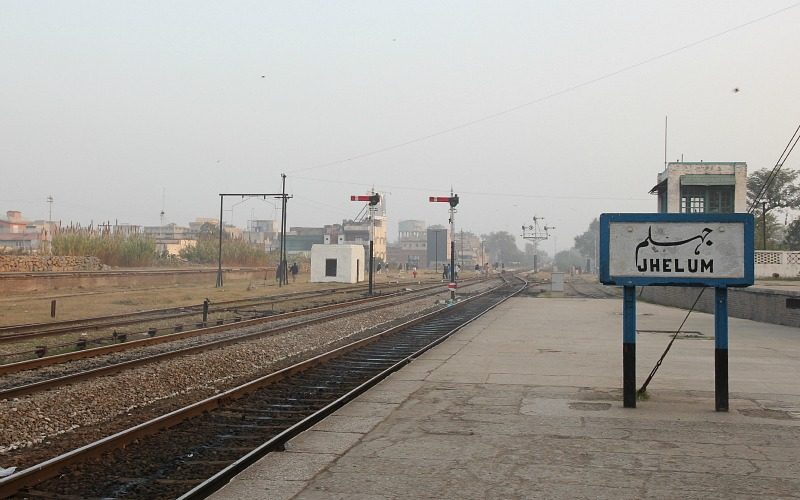
According to the 2017 census of Pakistan, the city had a population of 190,425. The city derives its name from the words “Jal” (meaning pure water) and “Ham” (meaning snow), as the river’s water originates in the Himalayas. It boasts a range of industries in its vicinity, including tobacco factories, wood, marble, glass, and flour mills.
History of Jhelum
It has a rich history that dates back to ancient times. The region’s earliest known inhabitants were the Rajput, Gujjar, and Labana communities. The Battle of the Hydaspes between Alexander the Great and the local ruler Porus marked a significant point in the city’s history. Indian kings like Abisares and the Paurava kingdom of Porus also influenced the region. The Gakhars, who migrated from the West, became dominant during the early Muslim era and maintained their independence in Jhelum and neighbouring Rawalpindi.
Mughal Era
The mediaeval period saw the rise of Muslim empires, including the Ghaznavids, Delhi Sultanate, and Mughal Empire, which played a role in converting local Jats and Gakhars to Islam. With the decline of the Mughal Empire, the region fell under Afghan rule, followed by Sikh occupation and, ultimately, British conquest in 1849. The city thrived during British rule, serving as a major trade centre and timber depot. The Mutiny of 1857 witnessed a battle in Jhelum, resulting in the deaths of 35 British soldiers. The historic St. John’s Church, built in 1860, stands as a landmark. The railway bridge over the river, constructed in 1873, and the district’s notable contributions during World War I further highlight its historical significance.
Demographics
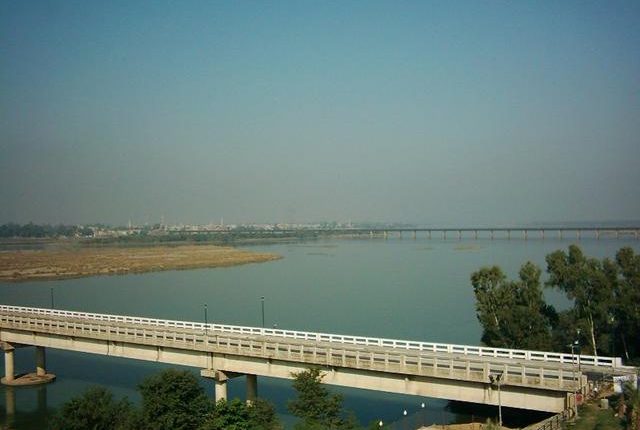
The city has a population is approximately 190,000 as of 2017, ranking it the 32nd largest city in Pakistan. It covers an area of about 22 square kilometres (8.5 square miles), with a population density of 261 people per square kilometre. The population growth rate is relatively low at 1.51, compared to other urban areas in Pakistan. The majority of the population, 98.47 per cent, is Muslim, while Christians comprise the majority of the minority groups, comprising 1.36 per cent of the district’s total population.
Education and Development
It boasts one of the highest literacy rates in Pakistan, standing at 79 per cent. This rate is lower only than that of Islamabad and neighbouring Rawalpindi. Additionally, 84 per cent of the population has access to electricity, while 96 per cent have clean water. Jhelum’s Human Development Index is 0.770, the second-highest in Pakistan after Karachi.
Geography and Climate
Located at 32°56′ North latitude and 73°44′ East longitude, it is approximately a 1 hour and 30 minutes drive from the capital city of Islamabad and a 3-hour drive from Lahore, the heart of Punjab. It is connected to these cities through the National Highway N-5. Other cities such as Gujrat, Gujranwala, Chakwal, and Mirpur, Azad Kashmir, can be reached within a 1 to 2-hour drive.
Jhelum experiences a monsoon-influenced humid subtropical climate (Köppen climate classification Cwa). Summers are extremely hot and humid, while winters are cold and dry. The pre-monsoon season from April to June sees maximum temperatures reaching up to 49.2 °C (120.6 °F), while winter temperatures can drop to a minimum of -0.6 °C (30.9 °F). The average annual rainfall is about 850 millimetres (33 inches), below the required quantity due to high evaporation levels. During the rainy season, rapid water torrents flow from the north into the Jhelum River, causing damage to crops, bridges, and roads. This phenomenon contributes to soil erosion in the district.
Tourist Destinations in Jhelum
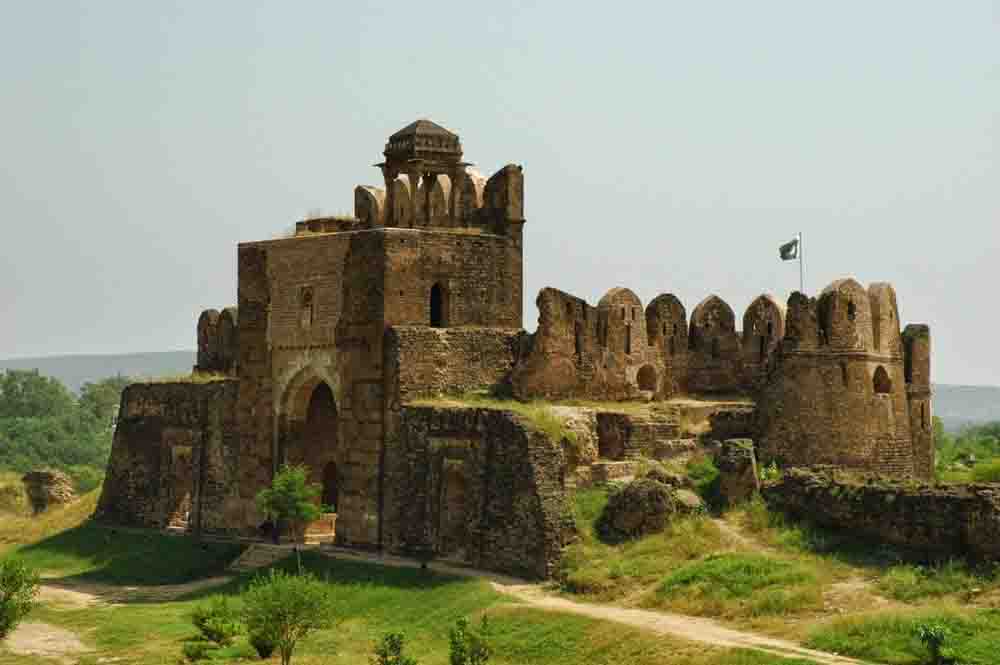
The following is the list of tourist attractions in Jhelum:
Rohtas Fort
Rohtas Fort is a fortified garrison by Afghan king Sher Shah Suri. It encompasses an area of approximately 4 km in circumference. Situated in a gorge, it is around 18 km northwest of the city and 7 km from Dina.
Tulip Garden
Experience the natural beauty of Jhelum at the Tulip Garden. Wander through vibrant tulip displays and enjoy the serene surroundings. Spring is the best time to witness the garden’s enchanting beauty when the tulips bloom.
Mangla Dam and Resort
The Mangla Dam, positioned about 30 km from the city on the Jhelum River, ranks as the twelfth largest dam in the world. It was constructed in 1967 and boasts the Mangla View Resort, Pakistan’s first planned resort development. Spanning a 340-acre (1.4 km2) site in the Mangla Dam area, the resort offers a range of accommodations, including residences, villas, townhouses, hotels, serviced apartments, and retail outlets.
Rasul Barrage and Picnic Spot
Situated approximately 30 km downstream from the city on the River, the Rasul Barrage serves as a water diversion structure. It is the origin point for two major water canals: the Rasul-Qadirabad link canal, the Lower-Jhelum link canal, and the Rasul-Shahpur branch canal. The area surrounding the Rasul Barrage Lake is a popular picnic spot.
Old City and Religious Sites
The old city consists of a maze of narrow streets and bustling bazaars. Adjacent to the CMH Jhelum Cantt stands the CMH Masjid Jhelum. You can find St. John’s Church Jhelum in the cantonment area, built-in 1860. The Major Akram Shaheed Memorial Park, located nearly 100 m from Shandar Chowk in the city centre, also houses the Major Muhammad Akram Memorial Library. Every year on September 6th, a parade is held at this park to commemorate Defense Day.
Sports and Recreation
The local stadium near Gul Afshan Colony has been transformed into the Zamir Jafri Cricket Stadium. Altaf Park is near the cricket stadium, constructed in 1994-95. Lehri Nature Park, situated approximately 10 kilometres from the G. T. Road between Jhelum and Islamabad, is a scenic attraction in the hilly Potohar region.
Conclusion
Jhelum, a city with a glorious past and a vibrant present, offers a unique journey through history, culture, and natural beauty. From its ancient origins to its architectural marvels, the city narrates stories of bygone eras. The city’s cultural diversity, natural splendour, and warm hospitality create an immersive experience for visitors. So, if you seek a destination that combines history, culture, and natural beauty, it is the place to be. Embark on this historic journey and let the city’s magic captivate your senses like never before.
Frequently Asked Questions (FAQs)
Q: What is the best time to visit Jhelum?
A: The best time to visit is from October to March when the weather is pleasant and favourable for outdoor exploration. There is no time/season restriction to visit the city as you can travel all year to this beautiful city.
Q: Is Jhelum a safe city for tourists?
A: Yes, it is considered a safe city for tourists. However, exercising caution and adhering to general safety guidelines while travelling is always advisable.
Q: Can I hire a local guide in Jhelum to explore the city?
A: Yes, Hiring a local guide is a great way to enhance your experience and gain insights into the city’s history, culture, and hidden gems.
Q: Are there accommodations available for tourists in Jhelum?
A: Yes, the city offers a range of accommodations to suit various budgets, including hotels, guesthouses, and resorts. It is advisable to book in advance, especially during peak tourist seasons.
Q: How can I reach Jhelum?
A: The city is well-connected to major cities in Pakistan via road and rail networks. The nearest international airport is Islamabad International Airport, approximately 100 kilometres away.
Q: What are some nearby attractions to explore from Jhelum?
A: There are several nearby attractions worth exploring, including Mangla Dam, the scenic beauty of Khewra Salt Mines, and the historic Rohtas Fort.
This is all about Jhelum, a historical city in Pakistan. Follow Graana.com for more related information.
Read More:
Top 5 Locations to Rent a House under Rs.30,000 in Jhelum

